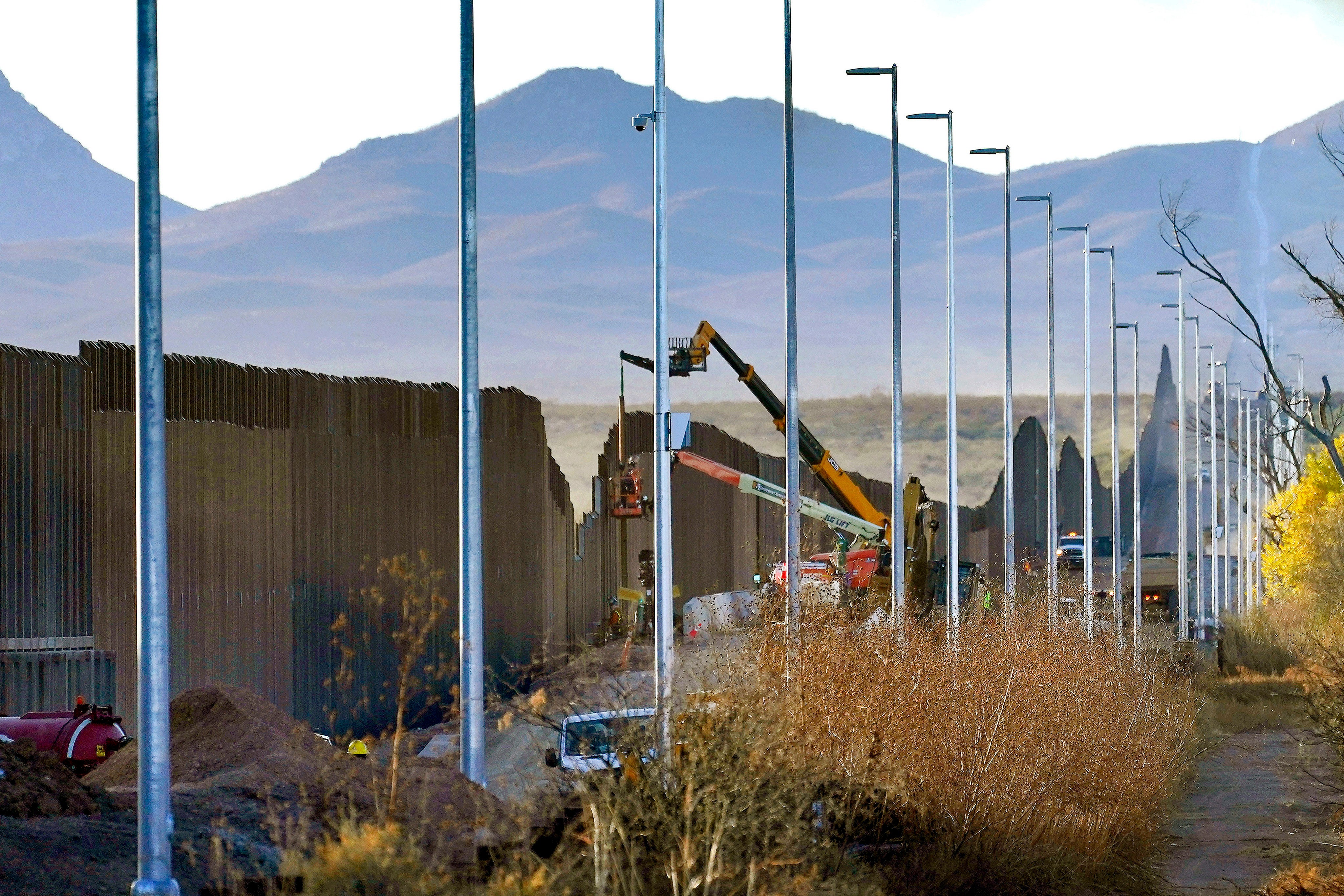[ad_1]

On the banks of the Rio Grande near the south Texas city of Hildalgo, dozens of undocumented migrants — mostly women and young children — descended a hill on the Mexican side of the border in an orderly procession.
The sun set Thursday over an all-too-familiar portrait of desperation in the the Rio Grande Valley. Some women carried wailing babies while others hauled bags of belongings to the edge of the muddy river, where a group of men awaited them with life vests to take turns crossing from Mexico to the United States. That day alone, authorities said, 2,000 migrants were apprehended in the valley.
“From Honduras,” several migrants shouted at a CNN correspondent who asked where they were from. Some had been traveling for months — fleeing violence, poverty and the destruction wrought by a pair of hurricanes, they said. CNN observed the raft make about half a dozen trips across the river.
“We come for a new opportunity,” said one man, who traveled with his wife and young daughter.
The scene reflects a surge of migrants, particularly children, challenging the new administration of President Biden, who entered office promising to reverse the hardline policies of his predecessor.
Roxana Rivera, 28, said she and her six-year-old daughter left Honduras after back-to-back November hurricanes destroyed her home and everything in it.
Word back home, Rivera said, was that the US was now allowing people with children to freely cross the border — which wasn’t entirely true. She heard that on the news, she said. Relatives in the US relayed the same information. Other migrants had similar stories.
Rivera said she was elated when the group she crossed the border with — mostly mothers and their children — was picked up by border agents. The migrants were processed, then taken to a bus station in Brownsville, Texas, where they were tested for Covid-19 and offered supplies by nonprofits before their release. She planned to stay with relatives in Houston while her immigration case is processed.
“You always dream about living in a house with your children,” said Rivera, becoming emotional. “Now we have nothing … We dream of having a house.”
Rivera said she at times regretted embarking on the long journey north by foot and by train— putting her daughter’s life at risk. Sometimes the girl would ask for food and she had none to offer her. One time, she said, her daughter became dehydrated. Another time she had to seek medical attention in Mexico when her daughter had a fever.
Maria Mendoza, a 30-year-old migrant from El Salvador, appeared exhausted as she arrived in Brownsville after processing by immigration officials. She was hoping to reunite with relatives who live in Maryland, she said through tears.
Mendoza recalled that the raft she and others used on a midnight crossing of the Rio Grande flipped over, sending several mothers and their children into the water. She said there were days when she did not eat so that her 6-year-old daughter would not go hungry. Her daughter remembered evading a snake along the way.
“More than anything I want to be reunited with my family,” she said. “We want to make a life here. A better future for our children.”
Read more here.
[ad_2]
Source link



Connect with us on our socials: